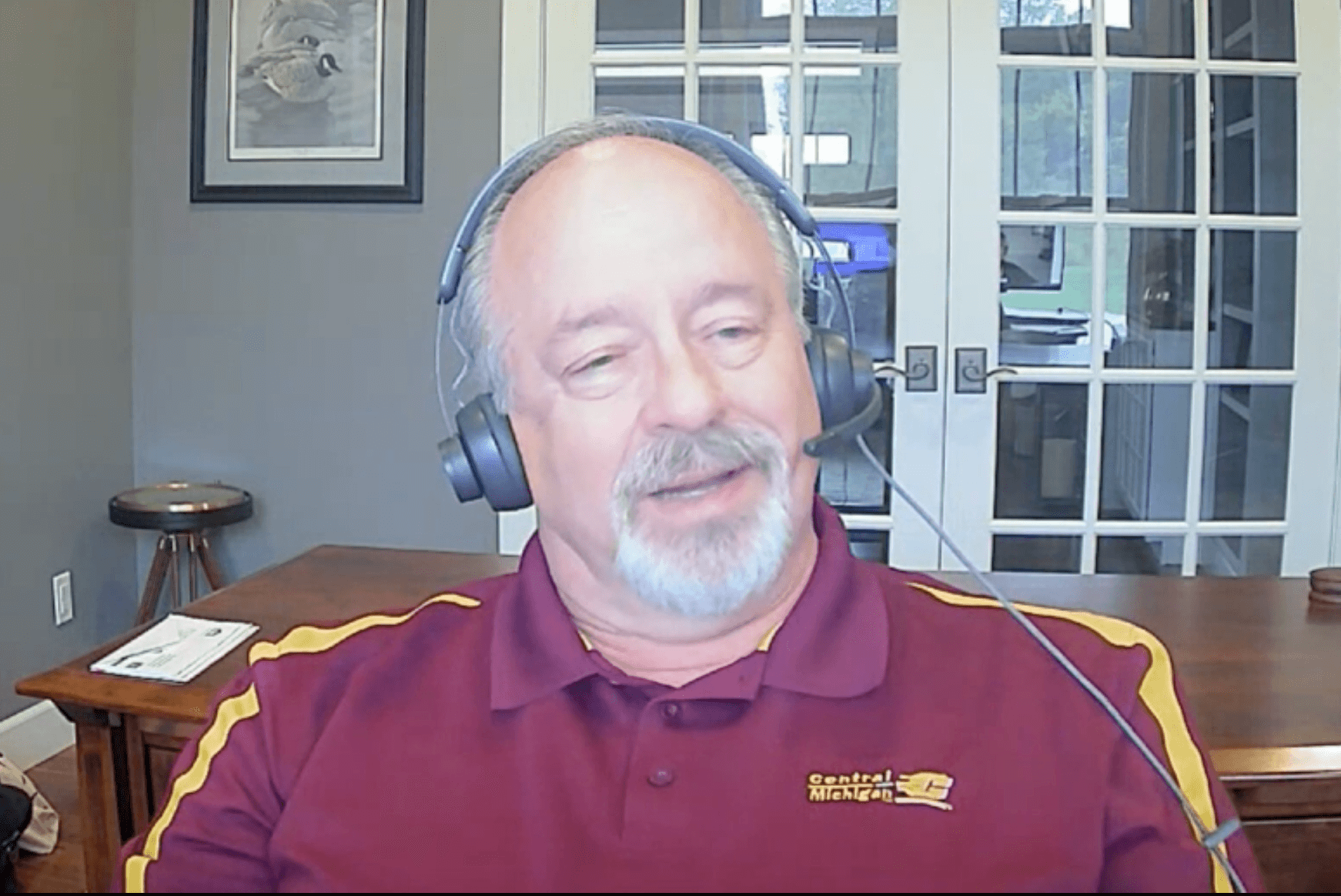Presentation
Nitin Vasant Kale is a professor of information technology and industrial engineering in the Epstein department of industrial and systems engineering at the University of Southern California. He has been teaching for almost 30 years in undergraduate and graduate technology courses. Professor Kale was one of the ERPsim beta testers since 2004 and helped the user experience and scenarios of the game. He got his initial level 1 certification during the same year but has obtained his level 2 certification since and has trained faculty both nationally and internationally.
The University of Southern California has been offering SAP classes since 1996. However, because the topic wasn't the most exciting, Professor Kale and his colleagues were looking for a solution that could add excitement, interactiveness, and team-based gamification to the curriculum.
That is why, they decided to introduce ERPsim to one of their undergraduate classes in 2005, and since, USC has been offering courses with ERPsim every semester (even in the summer).
Using ERPsim in class

Professor Kale is teaching both undergraduate and graduate courses using ERPsim. His undergraduate class in enterprise information systems is an introductory course into ERP systems and a gateway to a minor. In this class, he introduces his students to SAP and technological concepts. His graduate class is about enterprise-wide information systems and is geared toward engineering students as it is more technical than the undergraduate class. Both these courses use ERPsim extensively, and he has had great success teaching with the game.
In both his classes, he teaches the fundamentals of enterprise systems. However, depending on who is teaching, the professors do not necessarily use ERPsim from the beginning and might use GBI for teaching the basic business processes (like cash-to-cash or order-to-cash) and business process integration. They start using ERPsim halfway through the semester to have their students apply the knowledge they have gained in a competitive setting. The games last between a third and half a semester (7-8 weeks or 14-15 sessions).
When introducing the game, he teaches his students about the theory and the market and then lets them play during the live sessions in class. After the game is completed, the students have to submit a final project where they have to analyze their performance and deliver a report with a very detailed quantitative analysis of the game.
Stretching the game over multiple weeks also teaches his students about complexity and how to strategize around it. It also enables them to take the time to reorient their strategies in-between sessions and ask questions they might have about the game or the subject.
To make the class more engaging and down-to-earth for students from the start, he brings different Muesli variations to the first session for students to try out, and the prize for the winners of the semester-wide competition is also a Muesli box.
Professor Kale’s preferred game scenario is the manufacturing game. Because he teaches about industrial engineering around production and manufacturing, the introduction and extended version of the game are a natural fit for his course. He enjoys this game as it is a comprehensive end-to-end showcase of how to leverage an ERP system for this market scenario.


The only challenge professor Kale had encountered was making some slow starting teams catch up with the rest of the class.
Because his graduate course was in hybrid mode for over ten years, Professor Kale didn't have to make extensive adjustments to his classes. The only thing he implemented was asking each team to have in-person and online students to avoid unfair advantages.


Professor Kale describes ERPsim as a great teaching tool for teamwork, engagement, involvement, and strategy while keeping the students excited about playing.
Students often do not understand how their courses are tied together, and teaching SAP is often referred to as a "dry" topic.
The ERPsim simulation brings realism into the classroom and teaches students about the enormity of complex enterprise systems like SAP. They might complain about the complexity of the interface at first, but once they start to play, they get used to the UI and only care about the results. They learn about the SAP system efficiently and how previous knowledge about strategy, enterprise systems, and competition can be expanded into real-world scenarios.
ERPsim is also satisfying for the faculty as they see how their students evolved from knowing nothing about business processes to running an efficient company in a real-world scenario.
DO
When doing your level 1 training, join the training session with other faculty. You can use them to discuss the game with others, its nuances, and strategies. It is invaluable to bootstrap your own experience.
DON'T
If you plan on using ERPsim, don’t wait. Join one of the summer boot camps and implement the game into your curriculum as soon as possible.
Don’t run the game in one-day sessions, but give your students time to re-strategize, analyze the data and find new ideas. Doing so allows for deep rather than superficial learning.




